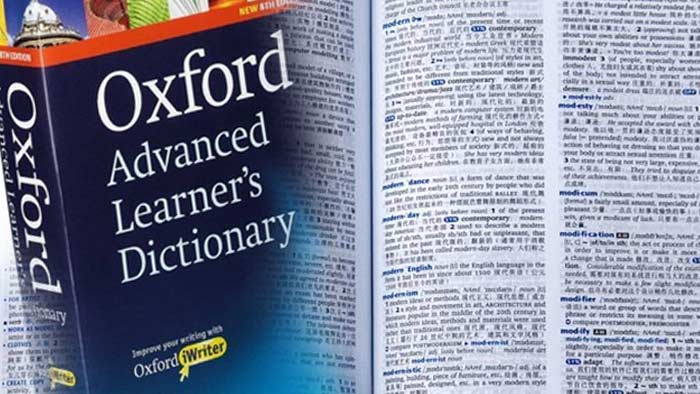In a major policy shift that has captured national attention, the Federal Government of Nigeria has suspended the planned 15% import duty on petrol and diesel, just weeks before its scheduled implementation. The suspension, announced by the Nigerian Midstream and Downstream Petroleum Regulatory Authority (NMDPRA), comes amid growing concerns over inflation, fuel prices, and supply stability across the country.
This move is being seen as a significant relief for fuel importers and consumers alike — but it also raises questions about Nigeria’s long-term strategy for energy independence and local refining development.
Background: The 15% Import Duty Plan
Earlier in 2025, the Federal Government introduced a 15% ad-valorem import duty on refined petroleum products, including Premium Motor Spirit (PMS, also known as petrol) and Automotive Gas Oil (AGO, or diesel). The measure was part of a broader tariff framework aimed at:
- Encouraging local refining and reducing dependence on imported fuel.
- Aligning Nigeria’s import costs with global market realities.
- Strengthening the domestic petroleum value chain through fiscal discipline.
The new duty was originally slated to take effect on November 21, 2025, following a 30-day transition period for importers and marketers to adjust.
However, amid mounting public pressure and fears that the policy could trigger a new wave of price increases, the government has opted to suspend its implementation — at least for now.
The Official Announcement
According to the NMDPRA, the decision to suspend the 15% import duty was made to maintain stability within the downstream petroleum sector and to prevent unnecessary disruptions to fuel supply.
The agency assured Nigerians that the domestic supply of petroleum products remains robust and sufficient, warning marketers against any form of hoarding, artificial scarcity, or unjustified price increases.
Officials emphasized that while the government remains committed to encouraging local refining, it recognizes the need to balance industrial policy goals with economic realities — especially at a time when inflation and exchange rate volatility are putting pressure on businesses and consumers alike.
Why the Suspension Matters
The suspension of the import duty carries wide-ranging implications across Nigeria’s economic landscape. Below are the key dimensions of its impact:
1. Consumer Relief in the Short Term
The immediate benefit of this policy reversal is price stability. Had the duty taken effect, it would likely have increased pump prices for both petrol and diesel — directly affecting transport costs, food prices, and overall inflation.
By suspending the duty, the government is effectively shielding consumers from potential price hikes, providing short-term relief amid rising living costs.
2. Market Stability for Importers and Marketers
Importers and marketers in the downstream sector had expressed concern that the new import duty would make fuel importation more expensive, particularly given the foreign exchange challenges that already increase operational costs.
The suspension thus helps maintain market predictability and prevents sudden cost escalations that could have disrupted supply chains.
3. Pressure on Local Refining Goals
While the suspension offers short-term relief, it could delay the broader objective of incentivizing local refining. The 15% import duty was designed to make imported fuel less attractive and create a competitive edge for locally refined products from emerging refineries like Dangote Refinery and modular refineries across the country.
With the duty now on hold, imported fuel may continue to dominate the market, potentially slowing the growth of domestic refining operations.
4. Fiscal Implications for Government Revenue
The import duty was expected to contribute to the Federal Government’s non-oil revenue stream. Its suspension could therefore reduce expected revenue inflows — at a time when Nigeria is seeking to diversify its fiscal base and manage a high budget deficit.
5. Policy Credibility and Investor Sentiment
Frequent policy reversals can create uncertainty for investors in the oil and gas sector. The suspension might raise questions about the consistency of government policy, especially for investors considering long-term commitments in refining, logistics, and fuel marketing.
Economic Context: Inflation and Energy Costs
The decision to suspend the import duty also reflects the government’s sensitivity to Nigeria’s current economic environment, marked by:
- High inflation, driven by food, transport, and energy costs.
- Depreciating naira, which increases the cost of imports.
- Slow recovery in real sector productivity post-subsidy removal.
Fuel prices are among the most influential determinants of Nigeria’s inflation trend. Any increase in petrol or diesel costs directly impacts transport fares, goods distribution, and the general cost of living.
By shelving the duty, the government is essentially prioritizing economic stability and public welfare over short-term fiscal gains.
Government’s Position: Balancing Reform with Relief
The NMDPRA and the Ministry of Petroleum Resources have both emphasized that the suspension does not signal a total policy reversal, but rather a temporary adjustment to allow for further stakeholder engagement and market assessment.
Officials indicated that the government remains focused on energy sector reforms, including promoting local refining, deregulation, and cleaner fuel adoption — but with caution to avoid triggering public hardship.
Industry Reactions
Stakeholders in the oil and gas industry have welcomed the suspension, describing it as a pragmatic move that demonstrates the government’s responsiveness to market realities.
Fuel marketers praised the decision as a stabilizing factor that would help prevent panic buying, product scarcity, and speculative price increases.
However, some industry analysts caution that sustained reliance on fuel imports without a clear transition plan could undermine Nigeria’s energy security objectives. They urge the government to pair this short-term relief measure with renewed investment in domestic refining capacity, pipeline infrastructure, and energy diversification.
What to Expect Next
While the immediate outlook suggests fuel prices will remain stable, several factors could influence the market in the coming months:
- The timeline for reintroducing the import duty (if at all).
- Exchange rate fluctuations, which continue to affect import costs.
- The operational status of local refineries, particularly Dangote Refinery.
- Government’s evolving energy transition and fiscal policies.
Analysts predict that the government may revisit the import duty in 2026, once domestic refining output becomes more stable and consumer inflation begins to ease.



